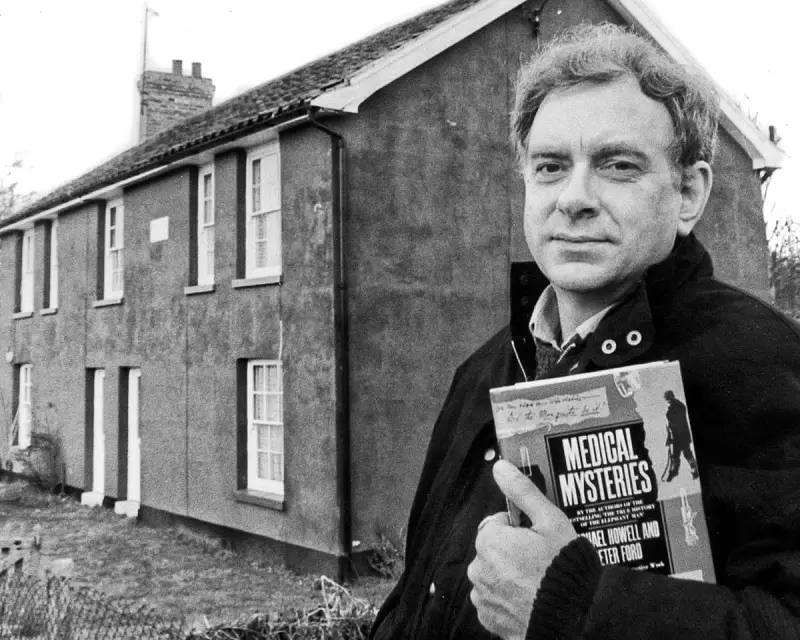
The diplomatic world is mourning the loss of Peter Ford, a remarkably unconventional British diplomat whose career defied Foreign Office tradition and left an indelible mark on Middle Eastern relations. Ford passed away peacefully at his Somerset home on October 15th, aged 86, after a brief illness.
An Unconventional Path to Diplomacy
Born into privilege yet determined to carve his own path, Ford's journey into diplomacy was anything but typical. After education at Harrow and Cambridge, he deliberately chose the Colonial Service over more prestigious postings, beginning his career in remote regions of Aden. This early experience shaped his unique approach to international relations.
"He was never one for the cocktail circuit," recalled a former colleague. "Peter preferred getting dust on his shoes in the desert to polished floors in embassies."
Mastering Middle Eastern Complexities
Ford's linguistic talents and deep cultural understanding made him invaluable during Britain's withdrawal from the Gulf. His most significant achievement came as Britain's first ambassador to independent Bahrain in 1971, where he played a crucial role in establishing the new nation's international standing.
His diplomatic portfolio read like a map of Middle Eastern hotspots:
- Political agent in Abu Dhabi during formative years
- Key role in Bahrain's transition to independence
- Ambassador to Syria during heightened tensions
- Extensive work across Jordan, Qatar, and Oman
The Human Behind the Diplomat
Beyond the official dispatches and diplomatic cables, Ford was remembered as a man of diverse passions. His love for classical music saw him attending Glyndebourne for over six decades, while his linguistic talents extended to translating Arabic poetry.
Colleagues spoke of his unconventional methods – often bypassing formal channels to build genuine relationships with local leaders. This approach earned him both admiration and occasional consternation within the Foreign Office hierarchy.
A Legacy of Bridge-Building
Ford's career spanned one of the most turbulent periods in Middle Eastern history. His ability to navigate complex political landscapes while maintaining respect across divides stands as a testament to his diplomatic skill.
He is survived by his wife Caroline, their three children, and seven grandchildren, who remember a man as comfortable discussing Bedouin traditions as he was debating European politics.
As one Middle Eastern official noted: "He understood our world not from reports, but from experience. That made all the difference."





